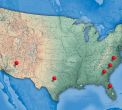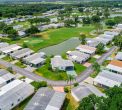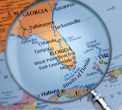Featured Article
New Modular Homes For Coastal Areas Coastal and Confident: Safer 55+ Living by the Sea in Hurrica
Discover the best places to live in Florida during hurricane season. Learn how elevated modular homes, like those from Jacobsen Homes, offer peace of mind. Explore top inland regions and 55+ communities that combine safety with the Florida lifestyle you l

The RetireNet Blog
Active Lifestyle Communities
Florida 55+ Communities
Active Retirement Resources
New in 55+ Communities
Sips, Bites & Entertainment
 |
 |
 |
 |


























